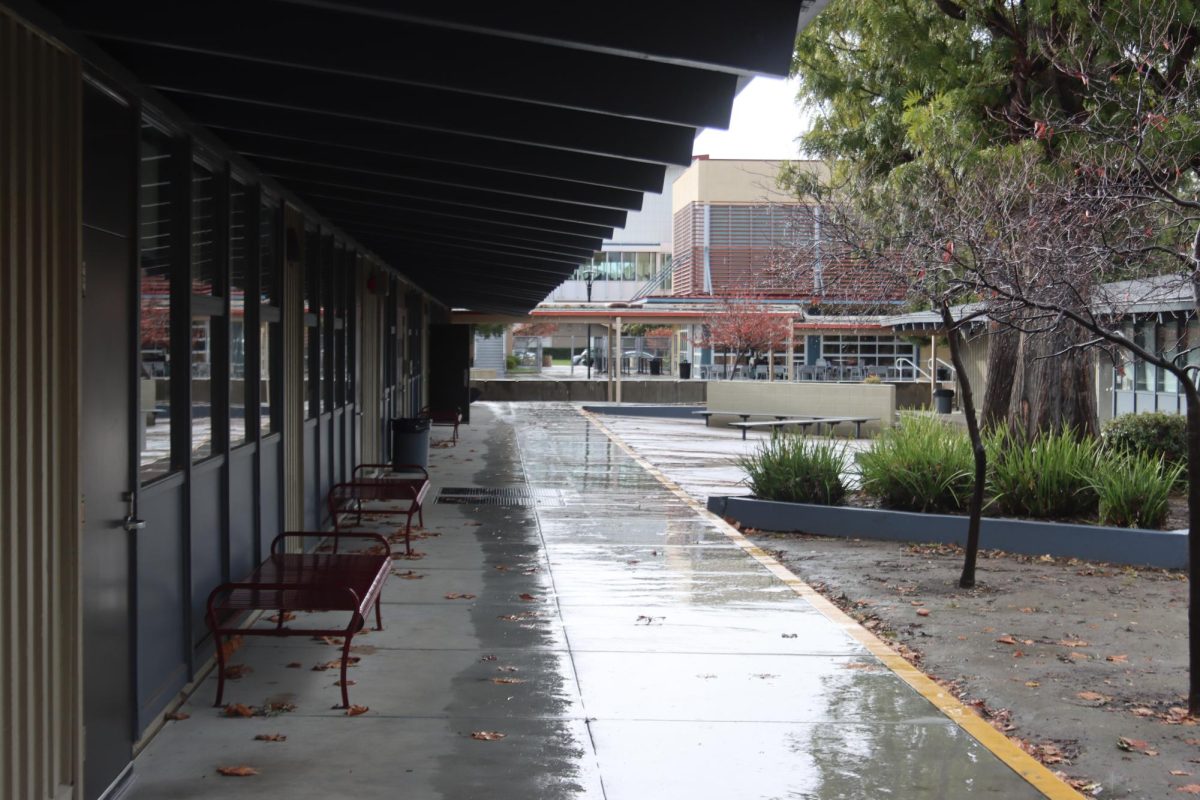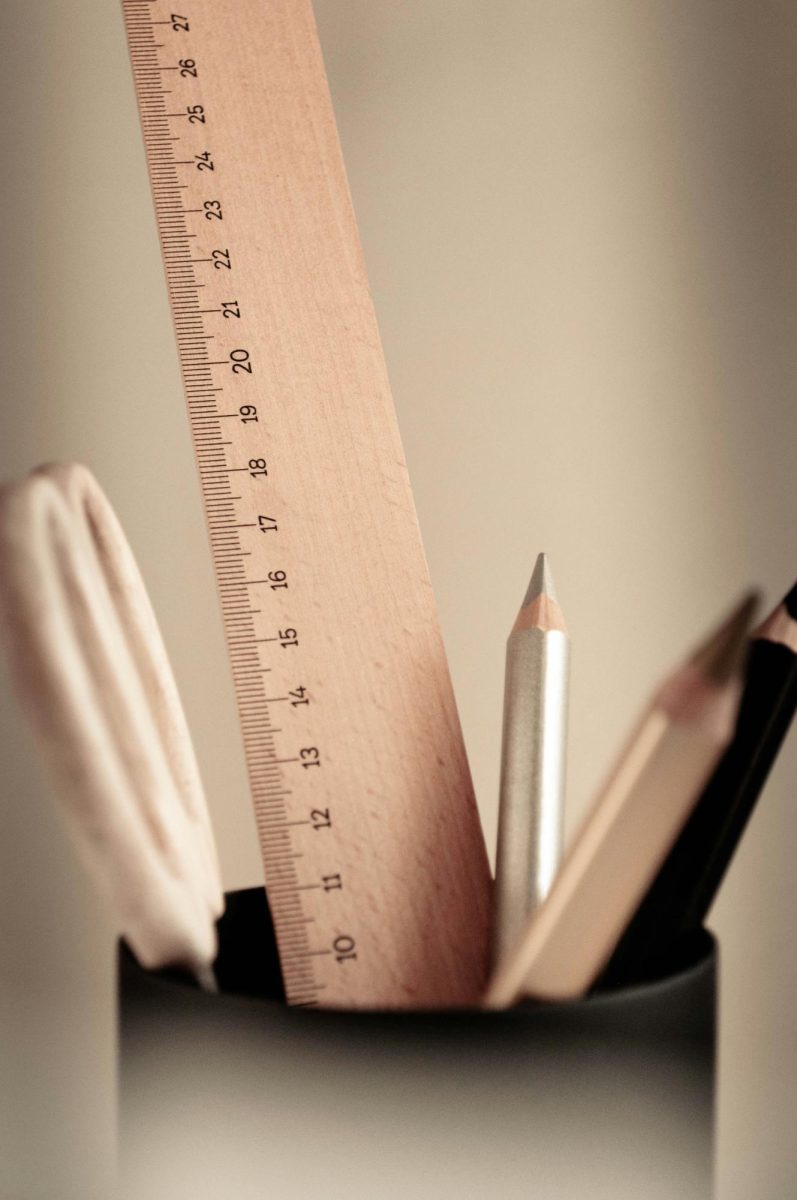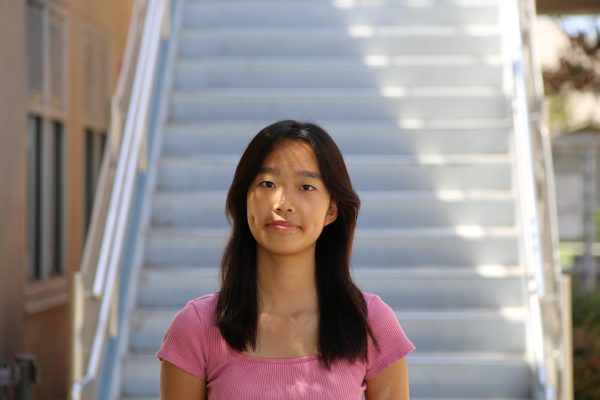Science, Technology, Engineering and Mathematics or Humanities — which major sounds better? In today’s world of technology and innovation, STEM is the choice for most, while the liberal arts are often dismissed as unprofitable hobbies.
High school is a time when students begin to explore different options for their future, looking at suitable majors and even potential careers. Yet, their choices are often dictated by the external pressure forced on them by their society and environment. In the Bay Area, the idea that STEM is superior is instilled into students from a young age. This emphasis on STEM can discourage interested students from pursuing their passions in the arts and humanities.
The grip STEM has on the world undermines the importance of the liberal arts, which, in ancient Greece and Rome, were essential foundations for cultivating virtuous and informed citizens. Classical education was highly valued in the ancient world, but in the 14th century, the Enlightenment shifted the world’s focus away from the arts and toward industrial and economic growth. Society began to prioritize “practical” skills in favor of innovation and advancement.
The shift towards “utilitarian” skills and careers is exhibited at Cupertino High School, specifically through the disproportionate amount of courses offered in various subjects. CHS offers a total of 22 classes in math and science, but only 14 classes for history and English. In addition, there is only one Advanced Placement course for English and two for History, compared to the five and three for science and math, respectively. Said CHS history teacher Kyle Fitzpatrick, “I do think […] we’re kind of forcing kids down a particular pathway, and therefore we’re not allowing alternative options, different ways of processing, thinking or different fields of study.”
This is, in a way, a reflection of the community as a whole. Living in Silicon Valley, students are constantly surrounded by technological empires, and it is only natural that most of their aspirations for the future are affected by this environment.
“There’s a certain idea implemented into our heads [early on],” CHS science teacher David Chen, who majored in chemistry and music, said. “That the only major that’s worth pursuing if you want to make money or be able to have, for lack of a better word, [a] ‘real job’ would be a STEM major.”
Others with differing views might say that although CHS lacks courses in this area, the local district and government have already allocated plenty of resources and funding towards the arts. Specifically, the California Department of Education passed Proposition 28 in 2022, which guarantees annual funding for art and music programs statewide. Fremont Union High School District has also proposed the construction of a new performing arts building at Cupertino High School, according to the California Environmental Quality Act. Nevertheless, new funding toward program improvement does not excuse the fostering of views that diminish the liberal arts as an insignificant subject. The general Bay Area community sentiment remains unaffected by these developments.
The main concerns affecting humanities majors are the unclear career path after graduation and the applicability of their college education. While employment directly after graduation is not guaranteed, the soft skills students gain through their classes, including creativity and critical thinking, can be applied to any other path they choose. Said Fitzpatrick, using the legal field as an example, “If you go to a very specific field to be lawyers, [many] lawyers very much function right in the skill set of the humanities using, again, research skills, writing skills, speaking skills [and] argumentative skills along the way.”
“Loving human beings is the greatest skill I learned [from my college career,]” CHS literature teacher Jenny Padgett said. “[…] I think we’re losing a sense [of] how [these skills] can just help us be better human beings. In my experience, I found that when I lead with love, when I put kindness, when I invest in the people around me, my job opportunities have followed from there.”
There is valid concern that future job outlooks for humanities majors may be uncertain, and that their salaries are lower on average than those of STEM majors.
“I never felt that students who were really strong in STEM for the most part thought the humanities weren’t necessary,” Padgett said. “I just think that they didn’t see a job in the humanities as one that offered the kind of financial security that [they] felt like [they] got in STEM. I think the idea that technology is constantly growing gives the illusion of a kind of endless opportunity within the tech world.”
At CHS, the imbalance of STEM and humanities is not just about course selection or funding — it is about how students see themselves and their futures. While society continues to prioritize STEM as the safe and practical choice, students should be encouraged to pursue fields that spark passion, not just for the sake of practicality.












